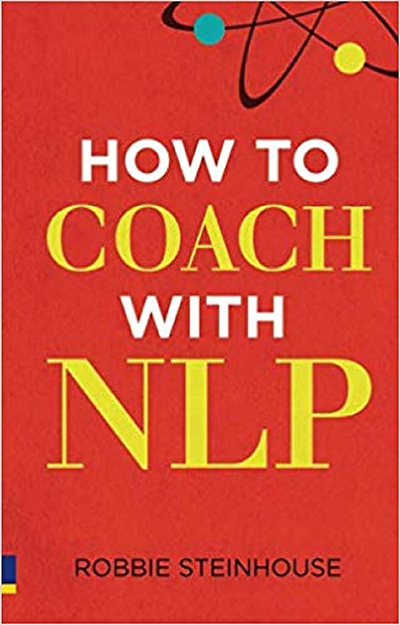How Can You Get More Pleasure from What You Have?

This week, we have the pleasure of having a guest blog written by Ed Hines. In this blog, Ed explains an all too familiar phenomenon, and what you can do to combat it.
There is a dynamic that most of us are familiar with – which we get used to what we have, our surroundings, and even the people around us to the point that they no longer bring us pleasure.
You buy a new phone. It’s fun, and when it does something faster than your old phone you get a little satisfying buzz. Then after a week, a month, a year, this fades.
At some point the phone will behave in ways that frustrate or annoy you, and the adverts for the next new model will start to shine brighter in your awareness.
Move from London to California and luxuriate in the blue skies, for a while. How long will it take before you take sunshine for granted? Before you curse multi-year droughts and skin cancer concerns?
We adapt to baselines and then we seek more. This is sometimes called the hedonic treadmill. It has been understood for millennia.
However, since the twentieth century, this tendency towards dissatisfaction has been harnessed to drive the consumerist aspects of our culture.
We cannot not consume, and there is a side to the innovation that the rapid cycles of creation consumerism engender, which is exciting.
The hedonic treadmill has its base in a very human drive – curiosity and exploration – which is certainly not entirely negative. Two results of curiosity and exploration which need not require a big environmental footprint are learning and personal development.*
Practically, there are ways off the hedonic treadmill. There are techniques that have been tested for millennia in both Europe and Asia that work very well to investigate and get power over these hedonic impulses which do not require any sacrifice of actual pleasure and in fact lead to greater contentment in daily life.
Robbie and I will share some of these techniques during our course in Paris on the 9th and 10th of November. You can find out more about the course and book here.
*Of course I would say that!
To find out more, follow Ed HERE.
Did you like this post?
Then check out our events and courses!
Where to find us
For posts, events, free open days and more, follow NLP School on:
What to read next
The Three Most Influential Business Books
NLP Coaching for Life Transition









